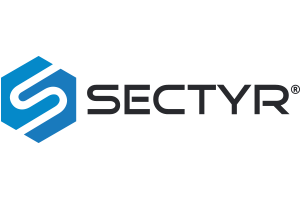
SPONSORED CONTENT

TIP: To avoid unnecessary audit findings, it is critically important to review OPAIS data regularly.
HRSA audit findings continue to prove that little things can get you! In 340B Report’s March 2024 article, several of the most common “termination causes” can be avoided with regularly scheduled review practices. Most teams review OPAIS annually during registration periods; however, it is easy to overlook items.
An “Incorrect 340B OPAIS record” finding can encompass multiple things. Contract pharmacy address variations due to DEA adjustments can occur without any notification to the covered entity. Teams should review addresses very carefully to ensure nothing has changed. Even small changes could require an amendment to the existing agreement depending on organizational policies and procedures.
Another common occurrence is contract pharmacies that get listed in OPAIS but do not have an active agreement in place. 340B teams need to ensure they have a specific process for contract pharmacy agreement approval and OPAIS inclusion. As a side note, another common miss we see in our work is ensuring a counter-signed agreement is on file.
“Inaccurate or incomplete information on the HRSA Medicaid Exclusion File” is another common finding. Tracking NPI and Medicaid numbers and comparing that data with the OPAIS record is extremely important for 340B teams. Often, that data will also need to be reviewed with the organization’s billing department regularly. Issues in this area could reveal duplicate discounts and, thus, paybacks, which are never welcome.
For teams responsible for 340B compliance looking to automate these processes, there are software solutions to assist. Sectyr’s 340B program management software, SectyrHub 340B, can address several of these problem areas with automated alerts when there are discrepancies between OPAIS and current documentation.

Craig Frost is president and COO at Sectyr, LLC. He can be reached at Craig.Frost@sectyr.com


